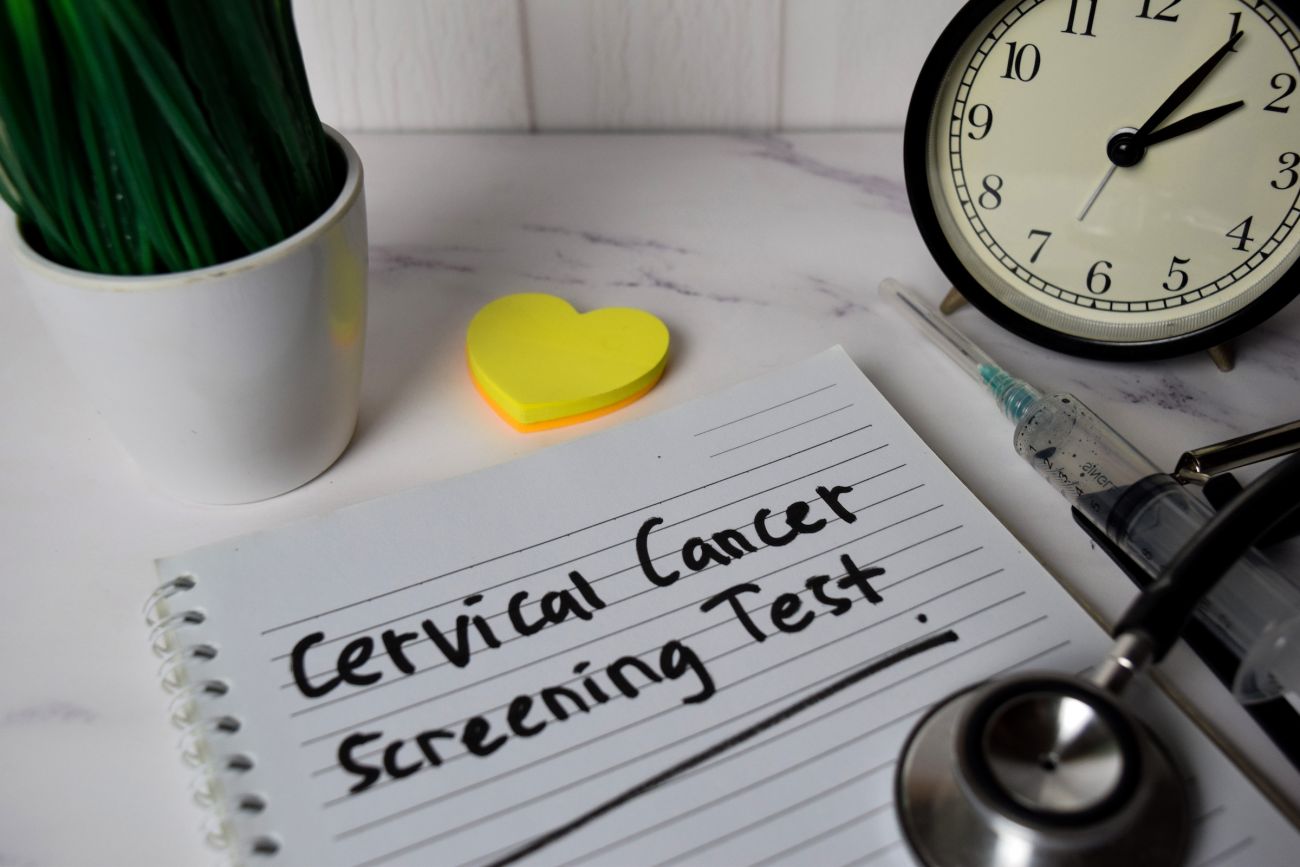Cervical cancer cases and deaths have decreased dramatically in recent decades, primarily due to cervical cancer screening. Since the introduction of the Pap test in the 1950s, the number of yearly deaths from cervical cancer has dropped from 35,000 to around 4,000 today.
Today, we know that infection with human papillomavirus (HPV) causes most cases of cervical cancer — as well as many oral, throat, head and neck, anal, vaginal and penile cancers. A vaccine to prevent HPV was introduced in the United States in 2006.
Preventing HPV infections with the vaccine and screening and treating abnormal cell changes and pre-cancers before they progress to invasive cervical cancer is the most effective way to prevent cervical cancer altogether.
Get the human papillomavirus (HPV) vaccine
This vaccine prevents infection with the specific HPV strains that are most commonly associated with cervical and other cancers, and genital warts. The vaccine is only effective when given before infection with HPV; experts advise getting the vaccine before becoming sexually active. Current guidelines recommend kids receive the vaccine between age 9 and 12 as part of their routine healthcare.
While the HPV vaccine is highly effective in preventing infection with the human papillomavirus (HPV), it is important to continue cervical cancer screening even if you are vaccinated. Learn more about HPV and the HPV vaccine.
Cervical cancer screening
Screening for cervical cancer can be done in your doctor’s office during a regular visit. It involves collecting a sample of cells from the cervix to be sent to a laboratory for analysis. Current guidelines advise patients to begin regular screening at age 21 with one of the following tests:
- Pap test. This type of test, called cervical cytology, examines the cervical cells for any abnormal changes (dysplasia) that could lead to cancer. If your Pap test is normal, repeat the test every 3 to 5 years (depending on HPV status) to age 65. If your Pap test is abnormal or unclear, other tests like a biopsy of the cervix may be recommended
- HPV test. This test analyzes the cervical cells to determine whether an HPV infection is present, or whether abnormal cervical cells were caused by an HPV strain that causes cancer. Patients should have the HPV test every 5 years starting at age 30, or at any time when the Pap test results are abnormal or unclear.
Get your cancer screening
Screening tests detect cancer’s hidden warning signs long before symptoms appear and when the disease is most treatable. Understand your screening needs and complete the cancer screening and prevention questionnaire to manage your cancer risk.
